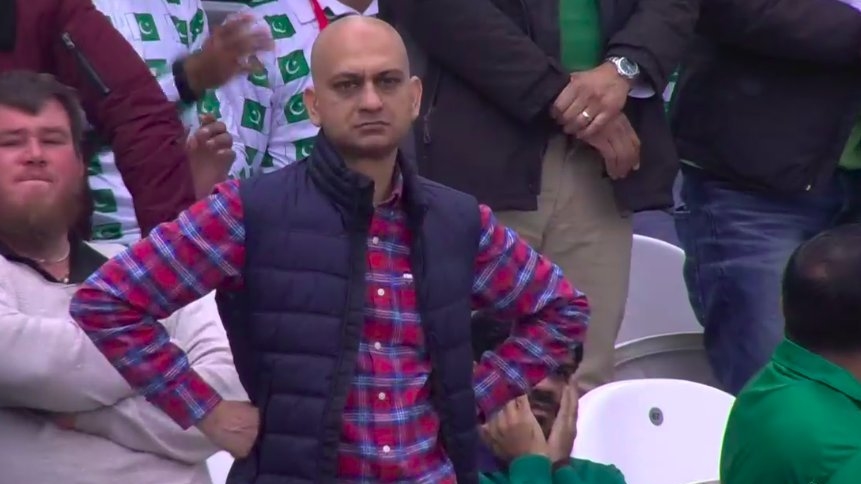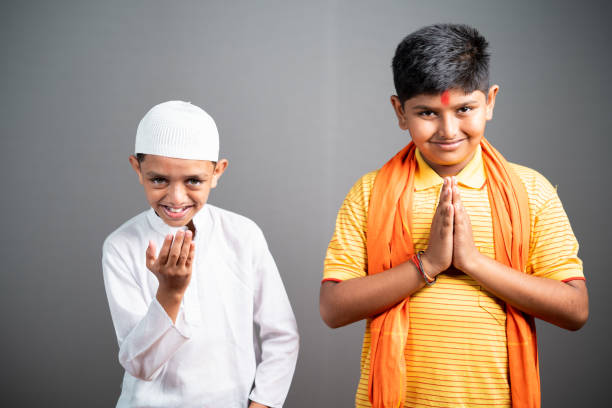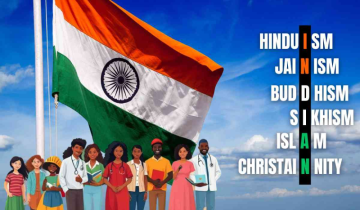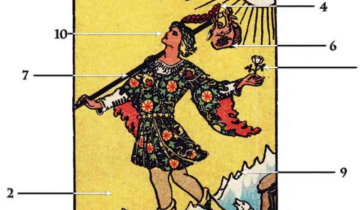Decoding "Love Jihad": A Contrary Dive into India's Relationship Drama
In recent years, the term “Love Jihad” has reverberated through the corridors of Indian society, sparking heated debates and dividing opinions. Here, we embark on a journey to explore the multifaceted nature of this controversy, aiming to provide a comprehensive and balanced examination of the phenomenon.
Love, the universal language, transcends borders and cultures. Yet, in the vibrant tapestry of Indian society, the concept of "Love Jihad" has woven a narrative of fear and suspicion, embroiling love stories in legal battles and societal scrutiny. This editorial delves into the labyrinthine complexities of this issue, navigating the factual, the sensational, and, dare we say, the slightly absurd.
From Whispers to War Cries: The Rise of a Controversial Narrative
The narrative of "Love Jihad" paints a picture of Muslim men using tactics that would make even the smoothest Bollywood hero entry to lure Hindu women into marriage for the sole purpose of religious conversion. While the exact origin of this term remains shrouded in more mystery than a Sherlock Holmes novel, it gained significant traction in the late 2000s, fueled by right-wing groups and amplified by certain sections of the media with the subtlety of a loudspeaker announcement at a wedding. This resulted in a flurry of accusations, with couples facing public scrutiny, police investigations that made even our beloved detectives in CID narrating 'kuch toh garbad hai' and an atmosphere of fear and suspicion thicker than a Delhi winter's smog. Notably, these claims have been met with strong resistance from legal experts and civil society organisations who highlight the potential for infringement on individual rights and freedoms enshrined in the Constitution, a document as fundamental to our nation as the Taj Mahal is to Agra.
Fact-Checking the Narrative: Separating Myth from Reality
Despite the sensational claims and anxieties surrounding "Love Jihad," concrete evidence to support its widespread existence as a systematic campaign remains elusive. Extensive studies conducted by independent researchers and legal bodies, such as the National Investigation Agency (NIA), which is like a real-life version of a pissed-off girlfriend with her friends, have not been able to find any credible data to substantiate the allegations. In fact, Pew statistics reveal that less than 3% of marriages in India are interfaith, and guess what? The vast majority of these marriages occur without any reported instances of coercion or forced conversion. It's almost like most couples just want to fall in love and get 'Din Shagna da' played at their wedding—what a crazy concept, right?
Numerous couples have come forward to share their stories of navigating societal pressures that make even a visit to your in-laws seem like a cakewalk, and forging beautiful relationships across religious boundaries, standing as testaments to the enduring power of love in the face of adversity, which might make you look at a Bahu as a Bahu, irrespective of the religion.
Media Masala: The Spice and the Danger (and a Pinch of Irresponsibility)
The media plays a crucial role in shaping public discourse, and in the case of "Love Jihad," this role has been ahem interesting, to say the least. Sensationalised reporting and the amplification of unverified claims have often served to heighten anxieties and fuel communal tensions, which, let's face it, is about as helpful as telling a girl to relax when she is angry. This media frenzy, coupled with the political rhetoric surrounding the issue, has unfortunately created an environment where interfaith couples, especially those involving Muslim men and Hindu women, face increased scrutiny, harassment, and even physical threats. This is where the whole thing starts to sound less like a love story and more like a plot straight out of a Sholey movie, minus the high-octane stunts and catchy item songs, thankfully.
Fabricating Lives, Ruining Dreams: The Dangerous Game of Unethical Media
However, the media's role extends beyond mere amplification. In several instances, media houses have actively participated in the fabrication of narratives, leading to devastating consequences for innocent individuals. Here are some concerning examples that are about as believable as finding a functioning public toilet in a crowded market:
2017: A news channel falsely reported that a Hindu woman from Kerala was abducted and forced to convert to Islam for marriage. This fabricated story sparked outrage and led to threats and harassment directed towards the couple, forcing them to go into hiding and leaving them feeling like they were living in a real-life horror movie. The channel was subsequently served a legal notice for defamation, which basically means they got into legal trouble for spreading lies.
2018: Another news channel broadcasted a story alleging "Love Jihad" in a case involving a Muslim man and a Hindu woman in Uttar Pradesh. However, the investigation by local authorities revealed the story to be entirely fabricated, leaving the couple facing immense societal pressure and jeopardising their safety. The channel again faced legal action for its irresponsible reporting, proving that sometimes, karma does come knocking, even if it takes a while.
2024: Right-wing pro-government television channels, such as TimesNow Navbharat and News18, have actively propagated the "Love Jihad" theory, sensationalising incidents, creating fear, and amplifying the narrative. Online platforms contribute to the spread of misinformation and conspiracy theories, which gain traction through viral posts by manipulating videos and memes. The media's relentless coverage has led to heightened anxiety and suspicion around interfaith relationships, emboldened vigilante groups, and influenced public sentiment against Muslim-Hindu unions.
-A recent incident in Rajasthan's Kota district saw three Muslim teachers abruptly suspended over allegations of "forceful conversion" and "love jihad." The allegations were based on a minor error in one of the female students's admission forms, while all other school documents confirmed her religion as Hindu. Media outlets benefit from sensationalism by attracting viewership, boosting ratings, and generating controversy.
These are just a few examples, and the list, unfortunately, doesn't end here. The constant barrage of false and misleading information not only destroys individual lives but also contributes to a climate of deep distrust and animosity within the nation, making it feel more divided than a family during the annual property dispute.
Beyond the Buzz: A Call for Reason and Empathy (and Maybe a Bit of Stand-Up Comedy?)
The "Love Jihad" controversy highlights the complex interplay of religion, societal norms, and individual rights in contemporary India. While concerns regarding forced conversions deserve serious and sensitive consideration, resorting to unsubstantiated claims, discriminatory measures, and fostering an environment of fear only serves to exacerbate existing social divisions, making it feel like we're all stuck in a never-ending episode of Antakshri, with no clear winner and everyone getting unnecessarily stressed.
The Need to Protect: A Flawed Chivalry or a Power Play?
The urge to "protect" women in the context of "Love Jihad" often stems from a deeply ingrained societal perception that women are vulnerable and require male guardianship. This perception, rooted in patriarchal structures, can manifest in various ways, from controlling behaviour to the belief that men are responsible for women's safety and honour.
However, it's crucial to examine the motivations behind this perceived need to protect. Is it genuine concern for women's well-being, or does it mask a desire to control their choices and maintain societal power dynamics?

Moving forward necessitates a multi-pronged approach
- Firstly, fostering a culture of dialogue and understanding between communities is crucial. Open and honest conversations, coupled with robust fact-checking and responsible media practices, are essential to combating misinformation and dispelling harmful stereotypes.
- Additionally, strengthening legal frameworks and ensuring the swift and fair investigation of genuine cases of coercion or forced conversion, regardless of the parties involved, can address legitimate concerns without infringing upon individual liberties, which are as fundamental to our lives as the right to dance as if nobody’s looking or males thinking nobody can see them pee (behind a tree, wall, or bushes, of course).

Ultimately, the path forward lies in celebrating the diversity of love stories and recognising the right to individual choice, irrespective of religion or background. As Dr. B.R. Ambedkar, the architect of the Indian Constitution, aptly stated,
"India is not a nation of communities. It is a nation of individuals."
Embracing this truth will pave the way for a more inclusive and harmonious society, where love, in all its forms, can flourish without fear or prejudice, allowing individuals to navigate the labyrinth of love on their own terms, free from the shackles of suspicion and societal pressure. After all, wouldn't it be much more fun to celebrate love stories with laughter and joy, instead of getting caught up in a never-ending drama that would even make Ekta Kapoor raise an eyebrow? Let's work towards a future where love stories, regardless of who the characters are, can inspire us, make us believe in the power of love, romance, and poetry, and make our hearts sing and dance in the pouring rain.
ⒸCopyright 2024. All Rights Reserved Powered by Vygr Media.









